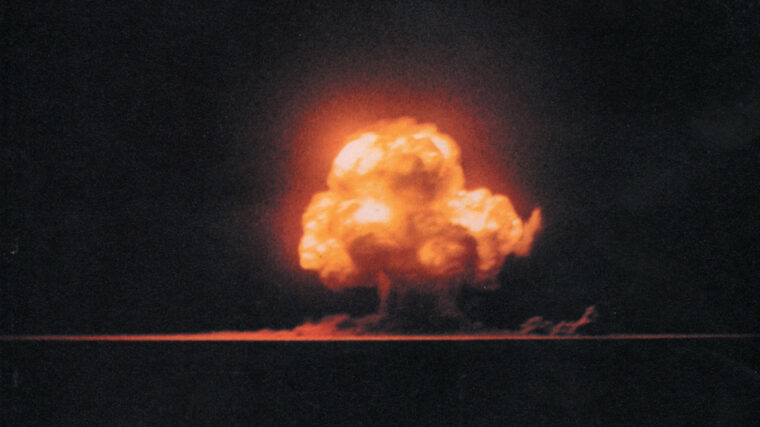
Harry S. Truman
Was It Right to Drop the Atomic Bomb on Hiroshima & Nagasaki?
By Sam McGowanThe most controversial decision of the 20th century—probably in all of history—was the one reportedly made by President Harry S. Read more

Harry S. Truman
The most controversial decision of the 20th century—probably in all of history—was the one reportedly made by President Harry S. Read more
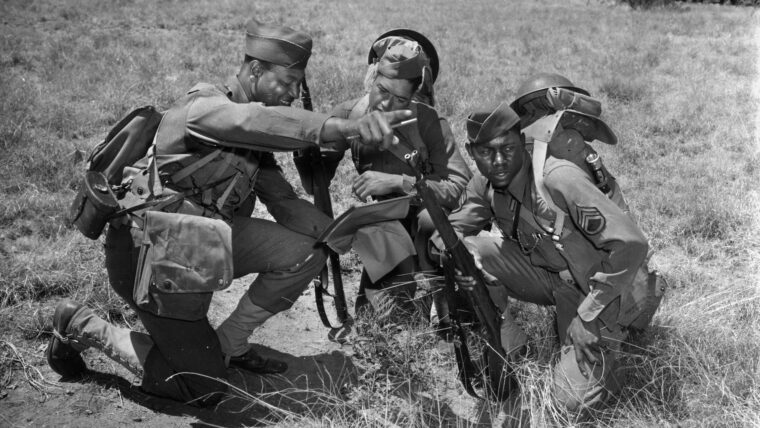
Harry S. Truman
On August 2, 1945, two weeks prior to Japan’s surrender, the highest ranking Japanese officer captured during the war in the Pacific was taken on the island of Morotai, Dutch New Guinea. Read more
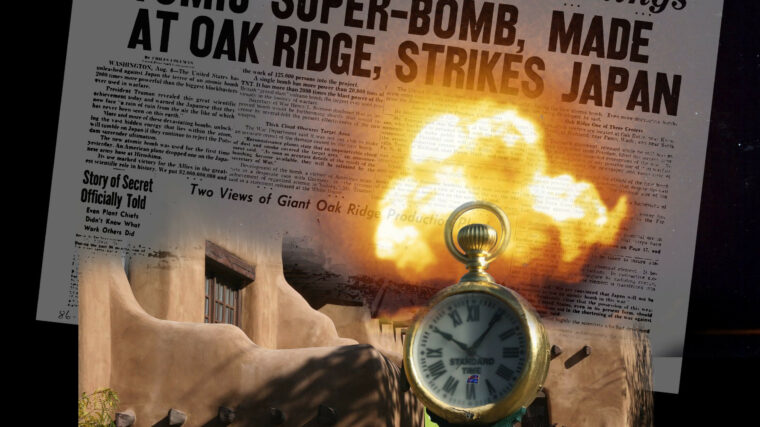
Harry S. Truman
New Mexico and its capital of Santa Fe bring to mind some beautiful images. Stunning sunsets, unlimited vistas, a plethora of art galleries, the spectacular food enlivened with the local green chile, an ancient Native American culture that still thrives, and a Spanish heritage tradition going back to within 50 years of Columbus’s arrival all make for a unique cultural and physical environment. Read more
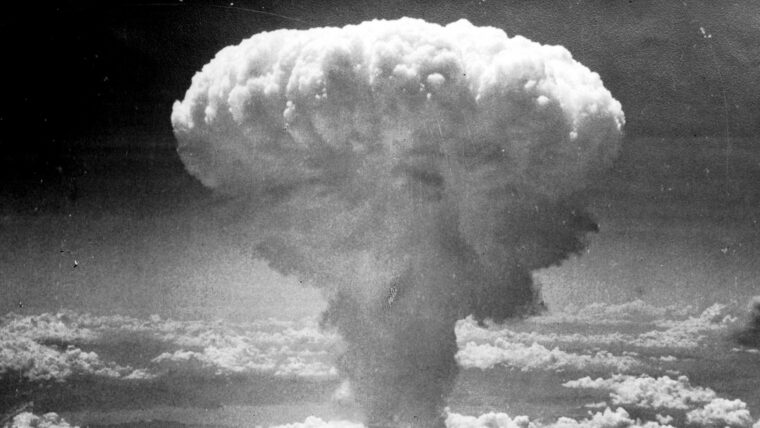
Harry S. Truman
The men and women who imagined and then built the atomic bomb thought they were doing something different from what makers of “conventional” weapons did. Read more
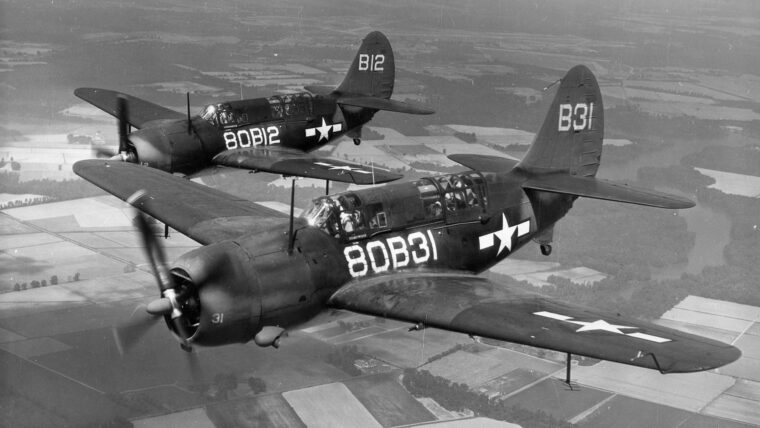
Harry S. Truman
Lieutenant William A. “Bill” Klenk, piloting a Curtiss SB2C-3 Helldiver, bristled at the “clawing, miserable weather,” with inverted pyramids of cloud hanging from a low ceiling and gray murk everywhere. Read more

Harry S. Truman
Almost from the beginning, the fractious alliance that defeated Nazi Germany was in peril. The United States and Great Britain had long distrusted the communist regime of the Soviet Union, and the feeling was strongly mutual. Read more
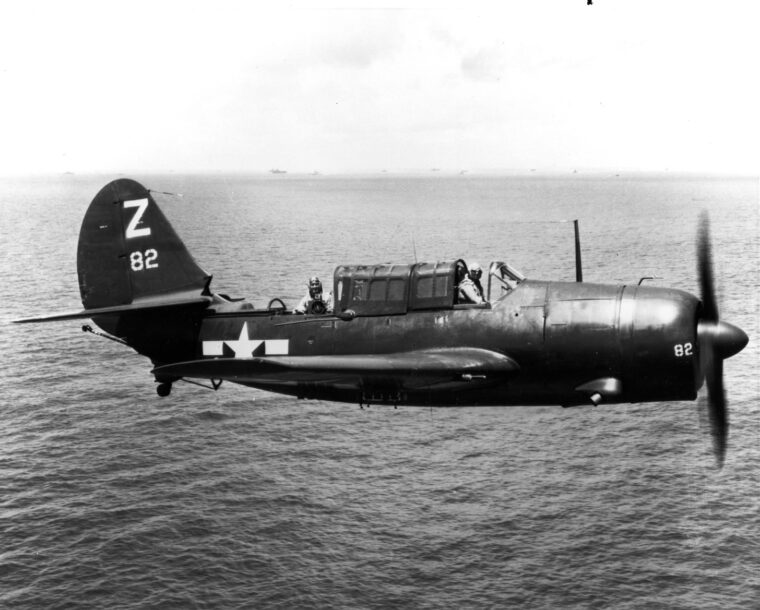
Harry S. Truman
It sent Japanese warships to the bottom of the ocean. It pulverized fortifications on Japan’s home islands. Read more
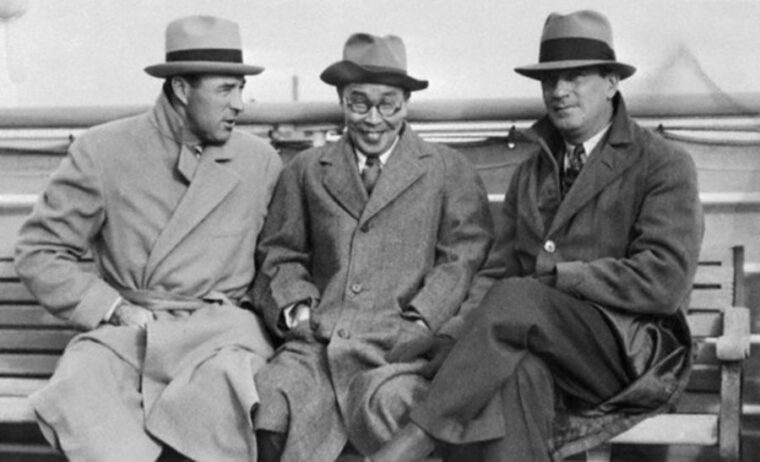
Harry S. Truman
In 1920, a young, handsome Jewish boy from New Jersey took the train from Grand Central Station to Princeton, New Jersey, where he would enroll that fall. Read more
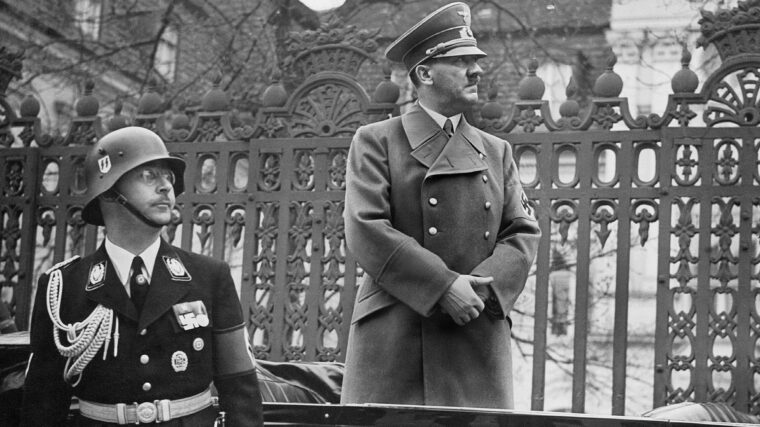
Harry S. Truman
On the evening of May 23, 1945, in the northern German state of Schleswig-Holstein, five men in a British Army jeep were driving down a dark road. Read more
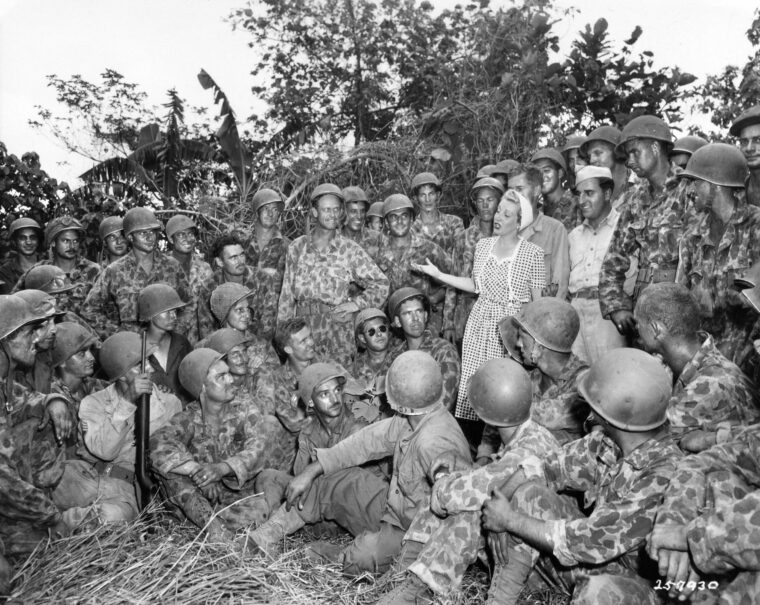
Harry S. Truman
Almost every American veteran has fond memories of a Track-Side Free Canteen, or a USO center at some train station or airport situated at locations around the world, or a “USO Camp Show” that provided entertainment close to the front lines, during every conflict since World War II. Read more
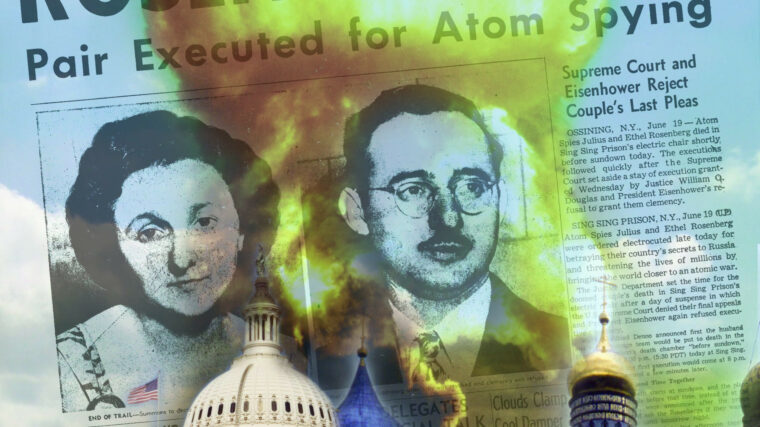
Harry S. Truman
On February 1, 1943, a group called the U.S. Army Signal Intelligence Service, the forerunner of the modern-day National Security Agency (NSA), began a project to intercept and analyze diplomatic signal traffic sent by an ally of the United States: the Soviet Union. Read more
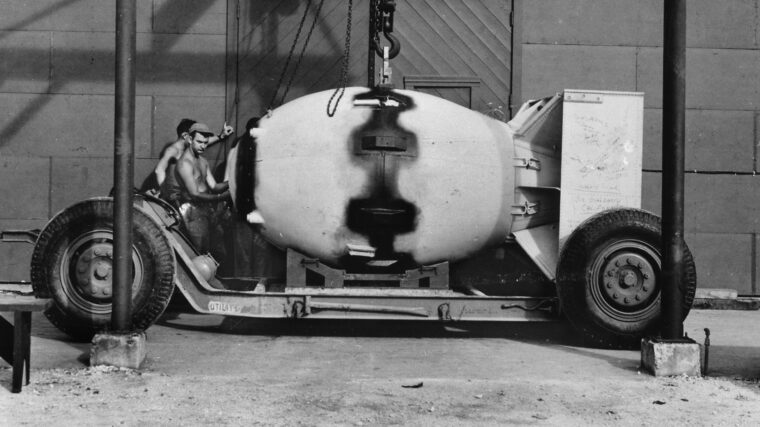
Harry S. Truman
By the spring of 1945, the outcome of World War II was not in serious doubt. What was in serious doubt was the number of casualties that would eventually be required to bring the war to a successful conclusion. Read more

Harry S. Truman
“One of the greatest heroes in American history never fired a bullet.” That is the tagline of Director Mel Gibson’s 2016 film, Hacksaw Ridge. Read more
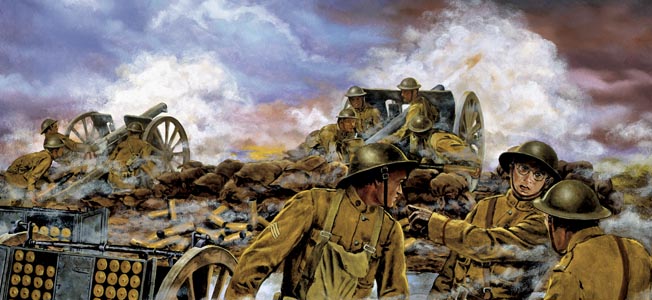
Harry S. Truman
In the darkness and driving rain on August 29, 1918, German artillery shells smashed down on American artillerymen fighting on a fir-clad slope in the Vosges Mountains in Alsace. Read more
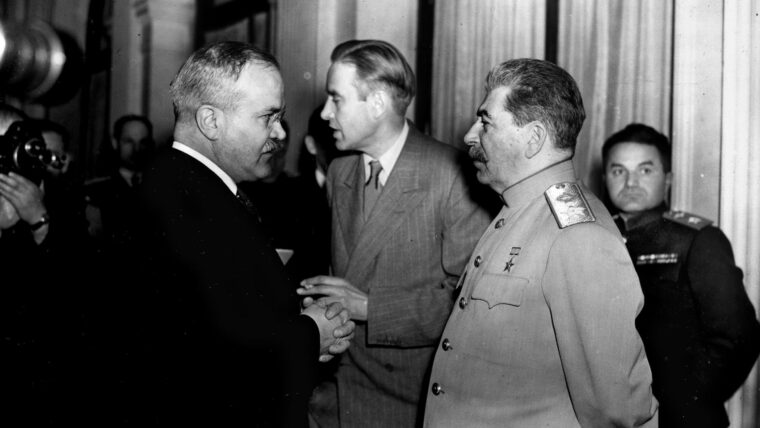
Harry S. Truman
The arrival of Vyacheslav M. Molotov, the People’s Commissar for Foreign Affairs of the Soviet Union, in Berlin on a rainy November 12, 1940, was a solemn, strained occasion. Read more
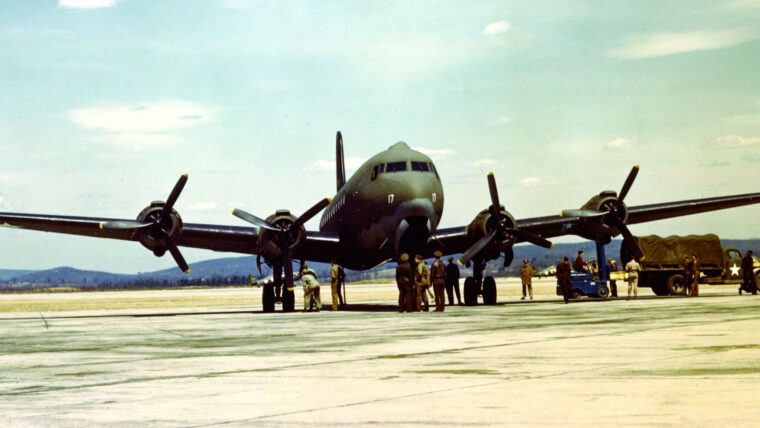
Harry S. Truman
At the beginning of World War II, the globe seemed huge—covered by thousands of miles of ocean and uninhabited land mass, but by the time it ended everything had been brought closer together, thanks largely to the four-engine transports of the United States Army Air Transport Command, particularly the Douglas C-54 Skymaster. Read more
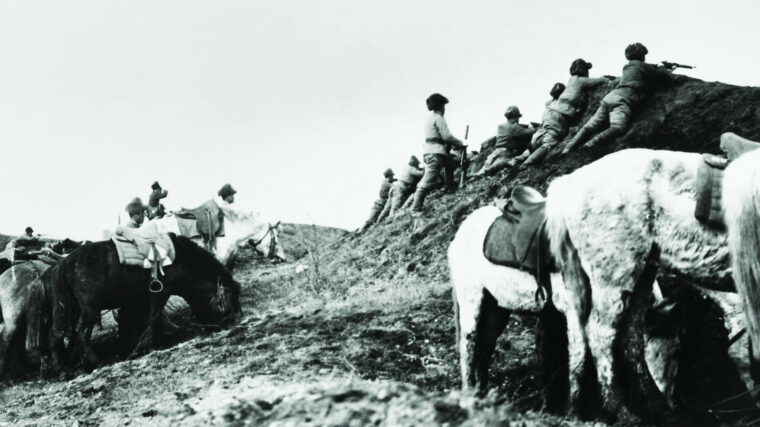
Harry S. Truman
At 11:02 am on August 9, 1945, an American warplane dropped an atomic device nicknamed “Fat Man” onto the city of Nagasaki, Japan. Read more
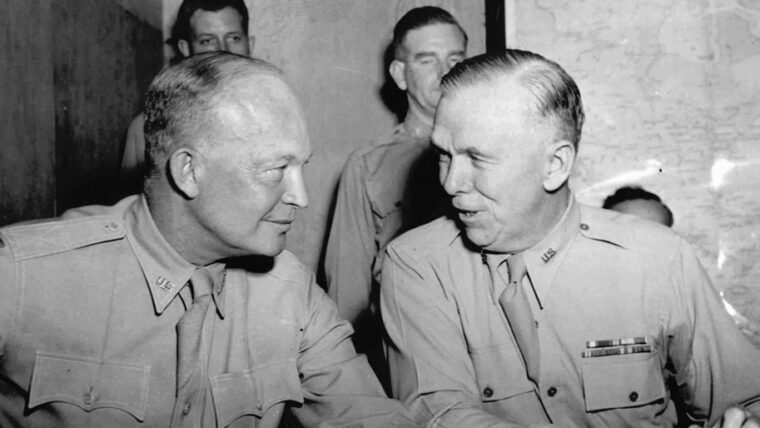
Harry S. Truman
President Franklin D. Roosevelt was disturbed in the autumn of 1938 by the Munich agreement, at which the rights of Czechoslovakia were signed away, and by reports of mounting air strength in Adolf Hitler’s Nazi Germany. Read more
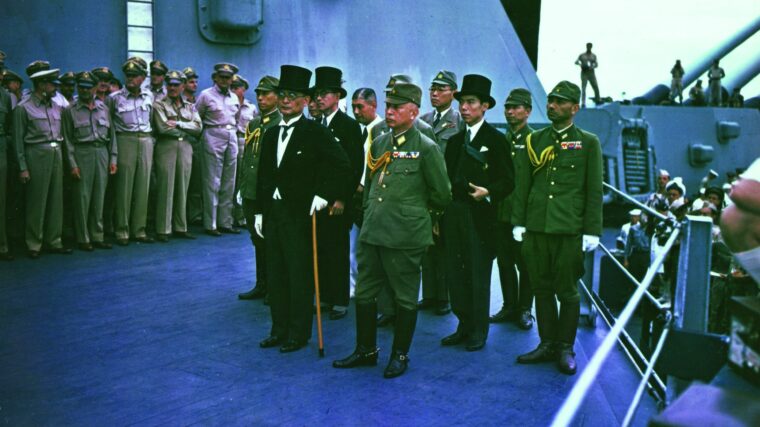
Harry S. Truman
It was fated to be the last wartime conference of the Big Three Allies of World War II, but it was the first not attended by the late American President Franklin D. Read more
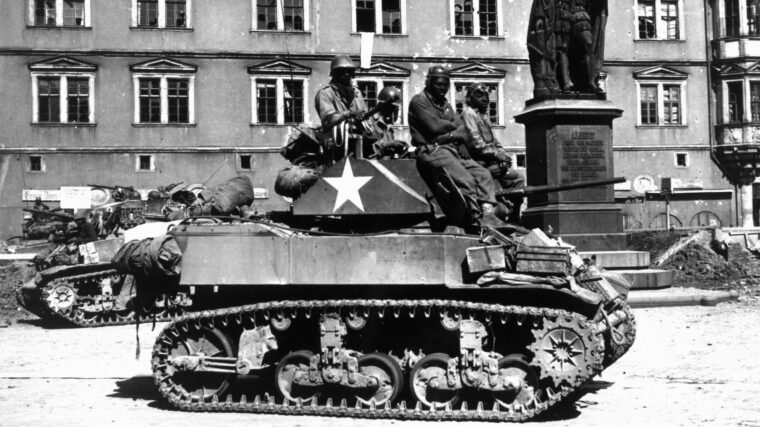
Harry S. Truman
On July 26, 1948, President Harry Truman issued Executive Order No. 9981, which stated in part, “It is hereby declared to be the policy of the President that there shall be equality of treatment and opportunity for all persons in the armed services without regard to race, color, religion, or national origin.” Read more